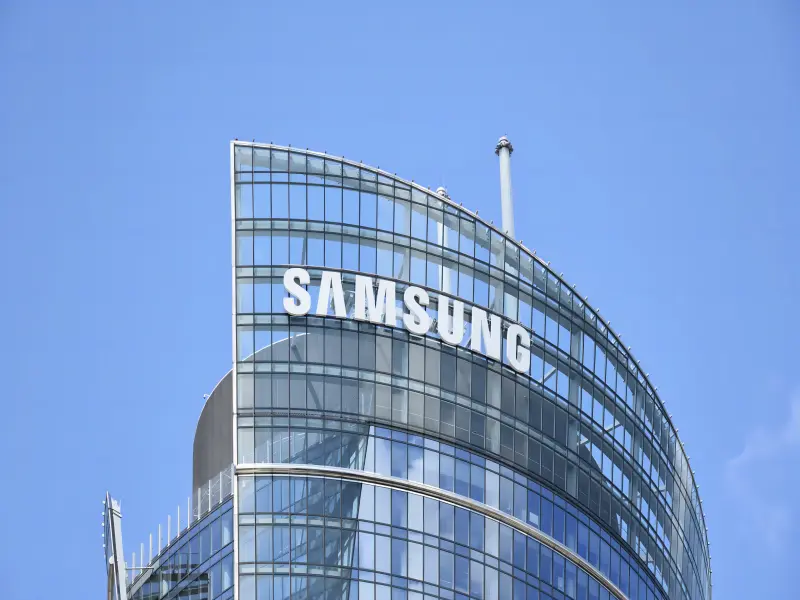- Samsung Electronics and striking union have agreed to resume negotiations
- The strike could adversely affect Samsung’s development.
OUR TAKE
Employees from the semiconductor department are leading the strike, which may cause substantial losses for Samsung and the tech industry amid global semiconductor supply chain issues. Samsung’s claim of unaffected production lines is doubtful due to the difficulty of replacing key personnel. The strike could hinder Samsung’s efforts to persuade NVIDIA to use its HBM memory chips over SK Hynix, drive up chip prices, and complicate earnings, affecting its AI chip market progress.
— Yasmine Luo, BTW reporter
What happened?
Samsung Electronics and its largest workers’ union in South Korea have agreed to resume negotiations on Friday, aiming to set a negotiation schedule. Son Woo-mok, president of the National Samsung Electronics Union, which represents about 30,000 members, nearly a quarter of Samsung’s South Korean workforce, shared this during a YouTube live broadcast.
Initially, over 6,500 Samsung Electronics workers went on strike, demanding higher wages and adjustments to performance evaluations. As management failed to meet these demands, the strike turned into an indefinite one starting on 10 July.
The union’s latest demands include a union founding holiday for all members, a 3.5% increase in basic salaries, improvements to the performance-based pay system, and reasonable compensation for those who participate in strikes.
Samsung has expressed hope for a swift resolution to the strike and confirmed its proposal for unconditional dialogue resumption.
Analysts warn that a prolonged strike by key personnel could exacerbate challenges for Samsung, the world’s largest memory chipmaker, as it faces competition in AI semiconductors. However, Samsung stated that the strike has not disrupted chip production.
Also read: Samsung workers strike for better pay and benefits
Also read: Samsung Union stages first-ever strike over pay dispute
Why it’s important
Employees from the semiconductor department are reportedly the main force behind the strike. While Samsung claims that semiconductor production lines have not been significantly affected, Korean media note that key personnel are difficult to replace despite automation. Halting production would require considerable time and cost to resume.
Concerns exist that the prolonged strike could have a “snowball effect,” causing losses for Samsung and negatively impacting the tech and chip industry. Analysts highlight the strike’s critical timing, coinciding with global semiconductor supply chain challenges.
At this crucial juncture, Samsung is trying to persuade NVIDIA to use its HBM memory chips, a market dominated by SK Hynix. Internal turmoil or production disruptions could be particularly damaging.
The head of Korea’s Eugene Investment & Securities Research Centre noted that production interruptions could drive up chip prices, complicating the impact on earnings. Samsung is striving to catch up with competitors in the AI chip market, and the strike may hinder its development plans in this sector.

